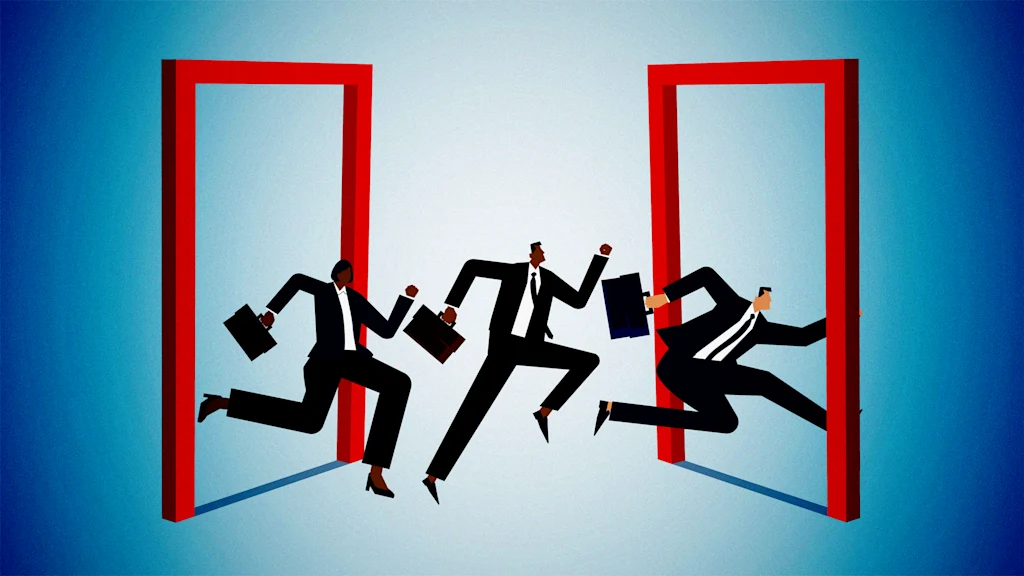
"Now, when I say "exactly what they want," you might be expecting me to paint a picture of workers happily returning to their daily commutes, overcrowded highways, cavernous or claustrophobic offices, constant interruptions, and extra expenses, and all of it resulting in massive productivity gains. That's not happening, the productivity-gains part. And the longer we play this out, the sillier the performances of " productivity theater " have become. The truth is, the science on productivity is still out."
"So you have to go with your gut. Or your experience. And what 30 years of gut and experience tells me is that the real question isn't whether people are more productive at home-it's whether companies can afford to lose their best talent over this. Right now, tech workers are desperate. Companies know it. That's why Amazon can demand five days in the office and get compliance instead of resignations."
Major tech firms have increased demands for employees to return to the office multiple days per week, and many employees are complying for now. Measurable productivity gains from in-office mandates remain unproven, producing what the piece terms "productivity theater." Short-term labor-market weakness gives employers leverage to enforce RTO without immediate mass resignations. Historical labor-market cycles show candidate leverage can flip rapidly, as in 2022 when employers competed fiercely for workers. Firms that force RTO now risk prompting resignations by top performers when hiring conditions tighten again.
Read at Fast Company
Unable to calculate read time
Collection
[
|
...
]